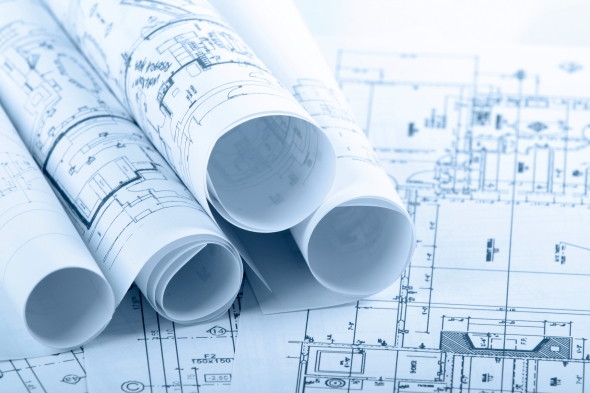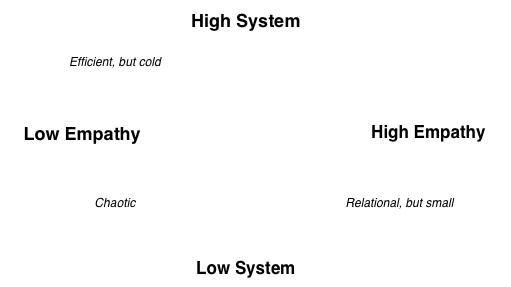These approaches combine inward reflection — reflective practice — with an openness to the data that comes in around them without imposing an order on it a priori. The orientation is to the data and the lessons that come from it rather than its directionality or imposing values on what the data might mean at the start. It means slowing down, contemplating things, and acting on reflection not reacting based on protocol. This is a fundamental shift for many of our activities, but may be the most necessary thing we can focus on if we are to have any hope of understanding, dealing with, and adapting to complexity.
All the methods and tools at our disposal will not help if we cannot change our mindset and orientation — even in the temporary — to this reality when looking at complexity in our work. ![]()
What is Developmental Evaluation?
by Cameron D. Norman • November 19th, 2011
Developmental evaluation (DE) is a problematic concept because it deals with a complex set of conditions and potential outcomes that differ from and challenge the orthodoxy in much of mainstream research and evaluation and makes it difficult to communicate. At a recent gathering of DE practitioners in Toronto, we were charged with coming up with […]![]()
Systems Thinking and the Design of Empathy
by Cameron D. Norman • September 22nd, 2011
A developmental design approach means shifting and changing over time and designing things in a manner that adjust to the complexities associated with dynamic systems. It brings together complexity, systems, design and the detailed feedback mechanism that comes through developmental evaluation. Leadbeater’s grid helps add to this concept by giving a focus to the development, from one level of empathy to another and one systemic scale to another.
Through thinking in systems and acting through design, perhaps then we can create the kinds of services and organizations that respond to the challenges we face.
And designing for empathy will help us know when we’ve achieved it. ![]()
Developmental Thinking and Evaluation
by Cameron D. Norman • June 20th, 2011
The “core competencies” for DE already include qualities like people skills, knowledge of complexity, and communication skills (in addition to fundamental skills in evaluation methods and process implementation), but now we are adding additional ones. Motivation, behaviour change, program planning and design are all reasonable skills that would assist an evaluator in doing this work. Nice in theory, but how about in practice? Can we reasonably expect that there are enough people out there with these skills to do it well? Or is this a call for more of a team-science (or rather, team evaluation) approach to evaluation? ![]()














